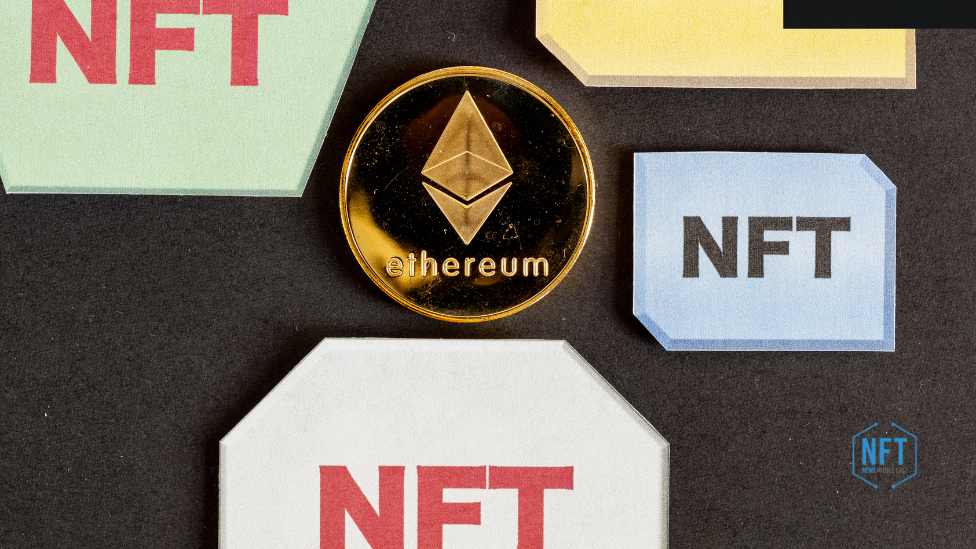It has been three years since non-fungible tokens took the world by storm and almost two decades since the introduction of cryptocurrency. While there has been a marked increase in the reception of these mediums of exchange worldwide, some countries still need to express remarkably reluctant attitudes to their reception. In the Middle East, it has been a mixture of both; some countries, like the United Arab Emirates, have taken a liberal approach toward the reception of NFTs and Cryptocurrencies, while others have adopted a cautious or neutral stance. In this article, we assess the legality of NFT (Crypto) in Yemen – a country in the Middle East. However, to understand why we have chosen to be concerned with this technology’s legality – or illegality- we must consider its importance.
How Important is NFT (Crypto)
Perhaps one of the most essential aspects of NFT (crypto) that shines through others is the increased investment opportunities that the legalization of NFT (crypto) within a country’s jurisdiction offers. Countries that have legalized such trading and dealings have experienced a marked increase in foreign direct investments and trading. NFTs are also an excellent place to begin the creation of job opportunities and new income streams for persons within a country. Artists can now work directly and sell those works in the form of NFT using host platforms like Ethereum. Interestingly, a country can also utilize NFT (crypto) in other areas like security and authenticity, the health and financial sector, and education.
Is NFT Legal in Yemen?
Now that your interest has peaked, the next order of business is to confirm if NFTs are legal in Middle Eastern countries, with a particular concentration on Yemen. Currently, the climate surrounding the use and legality of NFT (crypto) in Yemen is vague and tinged with a certain air of uncertainty as the country is still in the throes of its civil war. Several reports have been of trading in food supplies using cryptocurrency, but some are without evidence. Therefore, the consensus is that while there are a couple trade exchanges in cryptocurrency for which the legal climate in Yemen is neutral and silent, there is no candid and assertive proof of the legality or absence of one in Yemen. Regardless, all signs indicate that the country has not taken a legal stance to prohibit or encourage the technology within its territory.
Why is this Information Important?
Knowing and understanding the information above is essential in mitigating risk that results from trade deals within and outside Yemen and ensuring that individuals and businesses are under the compliance landscape surrounding NFT (crypto) in the country before undertaking deals. The article is also essential to help readers understand the elasticity of investment and innovations for business and cross-border transactions related to NFTs in all dealings with individuals and companies in Yemen.
Conclusion
This article encapsulated essential information, such as the importance of NFT (crypto), without which it is difficult to see the reason for considering its legality in Yemen. The article also delves into the legal state of NFTs within the country and why information about the legal status of NFTs is essential. This will surely aid any considerations in delving into the NFT climate in Yemen, which is subject to further research.
















